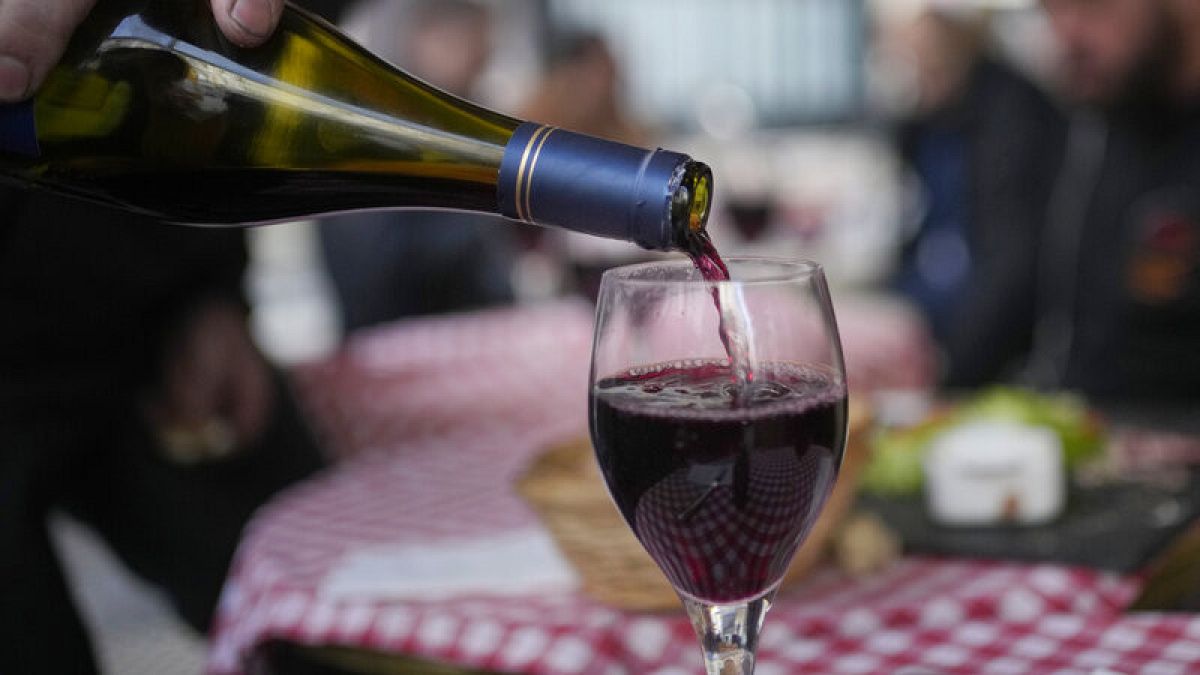France’s new Health Minister Yannick Neuder is said to be the first minister to publicly back the campaign, which has never received support from Paris.
France’s new health minister has risked souring his relationship with wine-loving President Emmanuel Macron by saying that he would be participating in Dry January.
Yannick Neuder, who took up his post a fortnight ago, told French media that he would abstain from drinking this January — which he said he does every year — and extolled the benefits of going without alcohol for the month.
Dry January (“Défi de Janvier” in French) is a way “of encouraging the French to think about their drinking habits and realise the benefits of taking a break, which can then be extended beyond January,” the 55-year-old cardiologist told Le Parisien newspaper.
According to a recent survey commissioned by alcohol-free winemaker Chavin, about 17 million people in France — a quarter of the population — intend to follow Dry January.
Yet Neuder is the first French minister to have publicly backed the alcohol-free month, according to local media, and he specified that he was doing it “in a personal capacity”. That clarification is unsurprising given that the trend has never received official backing and was reportedly shot down by Macron years ago after a meeting with winemakers.
Dry January started in 2013 in the UK as a campaign by a charity, and now takes place every year there with the backing of Public Health England.
It has also gained prominence globally, and in 2019, France’s health ministry announced plans for the Elysée to support the initiative. Yet the proposal angered the wine industry, who urged the government to scrap the idea. Macron sided with the sector, reportedly telling French winemakers that there would be no Dry January while he was president.
Macron, who was chosen as Personality of the Year by the Review of French Wines magazine in 2022, has previously said that he drinks two glasses of wine daily — and that “a meal without wine is a bit sad”.
France’s former Health Minister Agnès Buzyn, who had spearheaded the ultimately doomed Dry January campaign in 2019, said in an interview last year that that it was “an almost impossible battle to wage in our country, in reality”.
“You have too many headwinds,” she told France 2 television, referring in particular to the clout of France’s wine lobbies and the status of wine as “an image of French culture”.
France is the second-biggest consumer of wine globally, after the US, and the country’s wine industry is estimated to employ nearly half a million people and generate some €13 billion in revenue a year.
Neuder’s commitment to Dry January raised eyebrows in some quarters, given that last year he opposed an increase in alcohol taxes and defended the wine industry.
“It’s not because you increase the price of a bottle of Châteauneuf-du-Pape by seven cents that you are going to reduce the death rate among young people,” Neuder said during a debate in November while he was a backbench politician. “I don’t think the young get drunk on Châteauneuf-du-Pape. We’ve got to stop attacking our winemakers.”
In an interview with BFMTV last month after becoming health minister and before his Dry January declaration, Neuder said he was “not at the beck and call of any alcohol lobby”.
This time last year, dozens of professors of addiction studies in France wrote to the government urging them to back Dry January and arguing that not enough was being done to tackle the health risks of alcohol.
According to data from France’s health ministry, alcohol consumption is responsible for 49,000 deaths each year in the country and represents “a major public health issue”.
Read the full article here


